Some small manufacturers and retailers are urging the Office of Fair Trading to consider prohibiting below-cost selling as part of its review of the Supermarket Code of Practice. They are also calling for greater transparency on price for example published price lists.
In 2000 the Competition Commission concluded that the practice of below-cost selling in the UK retail grocery sector was widespread.
Fifty five per cent of the Leading Edge members questioned believe that below-cost selling is a significant issue for UK trade. Just 15% disagreed.
One member writes: "In seasonal products, such as produce, below-cost selling can be useful to move stock'. However, long-term it may remove value from the supply chain." Another says that "while below-cost selling may entice customers into the stores it can devalue the brand". Ninety per cent agree with that view while the remaining 10% either have no view or disagree. The majority of members think that bread, milk, and cereals are categories that constantly attract below-cost selling.
Members' views on who benefits from below-cost selling vary, but the main emphasis is on the consumer and the retailer.
"The customers will benefit from lower prices in the short run. In the long run it can be more detrimental. Smaller, local businesses may suffer," said one respondent. Another member thinks "the consumer will benefit in the short run, but ultimately it will be global manufacturers who benefit".
Just under half the respondents think manufacturers should not have to publish price lists, while 34% believe they should.
A number of themes emerged when asked what action manufacturers could take to avoid below-cost selling. The most popular was the development of stronger, long-term agreements with the retailers.
One member suggests using "other forms of promotion to drive sales within the overall category. Building relationships will also make it harder to go down the below-cost route". Other suggestions from Leading Edge members included agreeing similar prices with all retailers so that retailers did not undercut each other
Selling on quality rather than price was a view put forward by a significant number of members who see it as the most cost-effective long term route. One member writes: "The bulk of consumers would still buy expensive lines if they were assured of quality products. There always has to be a lower end of the market but many supermarkets expect to be able to put a top quality product onto their shelves at the same price as a lower quality product."
Another member says that manufacturers should "add value to their proposition to sustain a price and work with the retailers to maintain and sustain value in a category".
A typical view of below-cost selling among members who responded is that it is "dangerous for both branded and own label products, because the long-term perceived value of the category/product can be quickly diminished if the consumer believes quality is being reduced/replaced by price".
{{JOBS & CAREERS }}
In 2000 the Competition Commission concluded that the practice of below-cost selling in the UK retail grocery sector was widespread.
Fifty five per cent of the Leading Edge members questioned believe that below-cost selling is a significant issue for UK trade. Just 15% disagreed.
One member writes: "In seasonal products, such as produce, below-cost selling can be useful to move stock'. However, long-term it may remove value from the supply chain." Another says that "while below-cost selling may entice customers into the stores it can devalue the brand". Ninety per cent agree with that view while the remaining 10% either have no view or disagree. The majority of members think that bread, milk, and cereals are categories that constantly attract below-cost selling.
Members' views on who benefits from below-cost selling vary, but the main emphasis is on the consumer and the retailer.
"The customers will benefit from lower prices in the short run. In the long run it can be more detrimental. Smaller, local businesses may suffer," said one respondent. Another member thinks "the consumer will benefit in the short run, but ultimately it will be global manufacturers who benefit".
Just under half the respondents think manufacturers should not have to publish price lists, while 34% believe they should.
A number of themes emerged when asked what action manufacturers could take to avoid below-cost selling. The most popular was the development of stronger, long-term agreements with the retailers.
One member suggests using "other forms of promotion to drive sales within the overall category. Building relationships will also make it harder to go down the below-cost route". Other suggestions from Leading Edge members included agreeing similar prices with all retailers so that retailers did not undercut each other
Selling on quality rather than price was a view put forward by a significant number of members who see it as the most cost-effective long term route. One member writes: "The bulk of consumers would still buy expensive lines if they were assured of quality products. There always has to be a lower end of the market but many supermarkets expect to be able to put a top quality product onto their shelves at the same price as a lower quality product."
Another member says that manufacturers should "add value to their proposition to sustain a price and work with the retailers to maintain and sustain value in a category".
A typical view of below-cost selling among members who responded is that it is "dangerous for both branded and own label products, because the long-term perceived value of the category/product can be quickly diminished if the consumer believes quality is being reduced/replaced by price".
{{JOBS & CAREERS }}








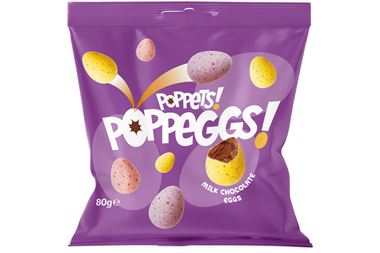
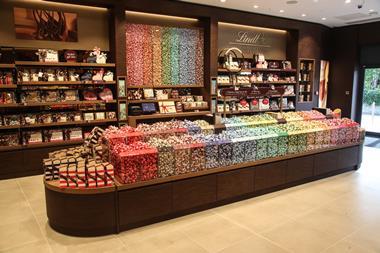

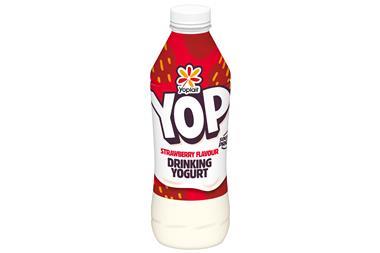
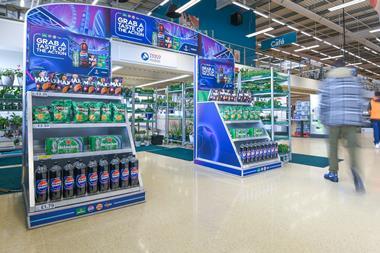
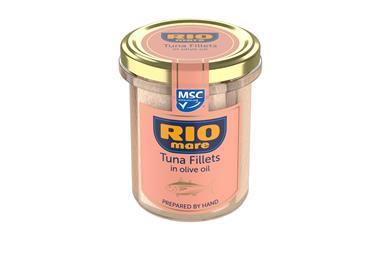
No comments yet